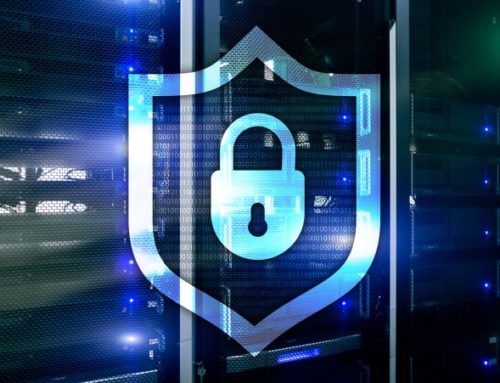Most data is confidential. Especially cloud providers are in focus. But what does confidentiality mean when dealing with data? And how is it guaranteed?
Confidentiality in today’s world
A wisdom that has prevailed in recent years is that data is the gold of the digital age. Therefore, despite transparency, it requires special trust in information security. The Federal Office for Information Security (BSI) defines confidentiality as the protection against the unauthorized disclosure of information to unauthorized persons. From the point of view of information security, confidentiality, along with integrity and availability, is one of the general protection goals. The three types of confidential information should always be encrypted:
- personnel data
- business data
- Legal Information
Consequently, better risk awareness is needed to protect these data and their accessibility.
“I have nothing to hide!”
You will certainly hear this sentence from time to time. However, the awareness for a data-protected private sphere is slowly gaining ground. It is particularly bitter for the average citizen when identity theft or theft of financial data occurs. But even companies are not protected against the misuse of personal data. In addition, companies have a special duty to protect their employees’ data. This includes data about illness, vacation or salary.
Medium-sized companies in focus
In times in which medium-sized businesses are also threatened by industrial espionage, there is no way around the protection of business data. Information about customers, the company’s finances or sales data is nothing that should remain unprotected. The medium-sized company must know in detail who has access to which data. The highest level of security and traceability is provided by end-to-end encryption, a zero-knowledge system and hybrid data storage. This ensures that nobody – not even the cloud provider – has access to the decrypted data or the key itself,” Detlef Schmuck, head of TeamDrive at it-zoom”.
Lawyers use TeamDrive due to confidentiality
Especially particularly confidential information such as communication with lawyers and notaries or strategic information about takeovers and mergers require robust encryption. This is why the German Bar Association (DAV) recommends TeamDrive as a cloud sync & share solution for its members, among others. TeamDrive also uses end-to-end encryption to meet the special needs of other people with confidential information. This encryption variant uses the AES-256 algorithm. This means that only the sender and the recipient are able to decrypt the data.
TeamDrive does not know your data
Due to the consistently implemented end-to-end encryption, it is not possible for TeamDrive to access your data. With its “zero knowledge privacy“, TeamDrive pursues a consistent lack of knowledge about your data and that of your partners. Not only the technical implementation of the TeamDrive service provides confidence, but also the data protection certification from the Independent State Centre for Data Protection. TeamDrive has received this certification since 2005. This guarantees that your data will be treated confidentially in accordance with data protection law.
With TeamDrive, your data is safe!




